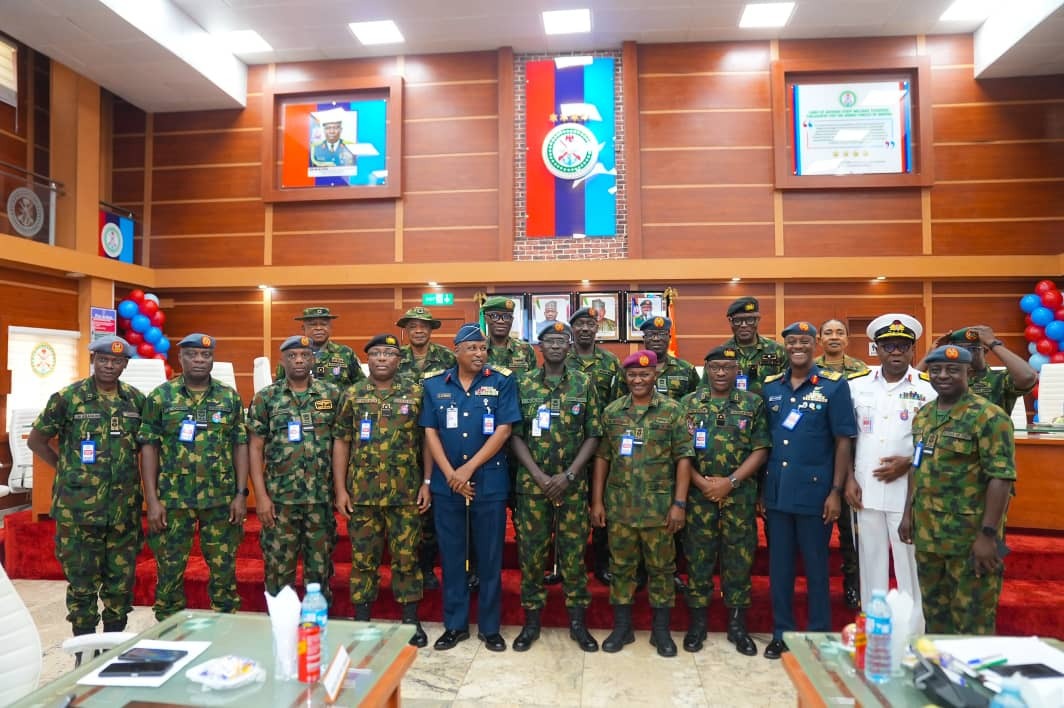
Nigeria attracted the largest technology startup investments in Africa in 2022, according to a new report.
Indeed, of the $3.3 billion investment that Africa attracted, Nigeria was the apple of investors’ eyes, especially the fintech sub-sector, where some 180 startups raised combined $976 million – substantially ahead of all other countries on both counts for the second year running.
According to the 2022 African Tech Startups Funding Report, released at the weekend by Disrupt Africa, Nigeria’s startups make up 28.4 per cent of Africa’s total funded ventures and the country received 29.3 per cent of the continent’s total investments.
The report claimed that startups raised more funding than ever before, in spite of a global downturn in investments, especially in riskier asset classes such as venture capital.
The researchers said that a total of 633 startups in Africa raised a combined $3.3 billion in 2022. This was 55.1 per cent more than the $2.15 billion raised in 2021 by 564 Africa startups. By implication, total yearly funding for African tech startups has increased by over 1,000 per cent since 2015.
Disrupt Africa co-founder, Gabriella Mulligan, said: “In spite of global pressures, 2022 was another outstanding year for the African tech space. Who knows what the future holds, and whether the sector will now enter a more fallow period, but for now the space can reflect on a very good 12 months’ work.”
According to the report, the record for largest round ever raised by an African tech startup was again beaten in 2022, with Nigerian fintech startup Flutterwave topping its own 2021 record with a $250 million raised in February.
Standout amounts were also raised by Nigerian mobility fintech company Moove ($181.8 million across five investments); Egyptian fintech platform MNT-Halan ($150 million); Algerian super app Yassir ($150 million); Kenyan retail-tech startup Wasoko ($125 million); Tunisian AI startup InstaDeep ($100 million); South African e-commerce company Clickatell ($91 million); and Kenyan pay-as-you-go solar company M-KOPA ($75 million).
On the investor front there were at least 987 different disclosed investors in African tech startups in 2022, up by 216 from the 771 tracked in 2021. Disrupt Africa said this is the largest amount of individual disclosed investors in any year on record.
Nigeria, Egypt, South Africa and Kenya remain Africa’s “big four” from a funding perspective, but they did receive a smaller share of total funding between them than in 2021, with startups from more African countries securing investment.
The researchers said that Egypt and Kenya reported decent growth, while South African funding fell from 2021.
“Once the wonder child of African startup funding, South Africa declined year-on-year, both in the number of startups receiving investment, and in the total amount of funding raised,” researchers said.
In 2022, startups in 27 African countries were backed with funding, more than ever before.
“Yet, despite a record-breaking year of funding for both Ghana and Tunisia, Africa’s ‘big four’ remains firmly entrenched, with no sign yet that it could in any real way turn into a ‘five’ or ‘six’. There are, however, signs that funding is starting to become – slightly – more evenly distributed,” the report said.
MEANWHILE, Nigerian startups have again started 2023 on a good note with two of them winning $300,000 at LEAP’s Rocket Fuel Pitch Competition in Riyadh, Saudi Arabia at the just concluded tech conference and exhibition.
At LEAP, over 10,000 startups submitted applications from different countries. After rigorous scrutiny, the applicants were down to 220, and only 90 startups were selected to pitch their business ideas in the semi-final. Eight Nigerian startups participated at the semi-final, and three reached the final stage.
RiceAfrika Technologies – is a tech-driven agric optimisation startup that deploys IoT-enabled harvester and its FARMEasy mobile app for smallholder farming communities in Africa. RiceAfrika believes Africa can feed itself and feed the world. It emerged as the global best in ‘The Tech for Humanity Award’ category and came home with $150,000, while Wicrypt, a tech startup decentralising Internet globally, has a custom operating system (OS) and hardware that allows users to share data with people around them and charge an affordable rate also won $150,000 dollars after he was announced as the global best in the ‘The Into New World Award’ category.
A statement by the Senior Special Assistant Media/Spokesperson to the Minister of Communications and Digital Economy, Prof. Isa Pantami, quoted the minister saying, “I am so proud of our Startups, who emerged as the global best in these categories. It is quite a long journey that followed rigorous process until the end; from over 10,000 applications to the final 12, in which three Nigerians took part and two emerged winners. We are delighted that our startups are not only amazing but went through a lot of nurturing and mentorship to be the best in the world,” he noted.
The Minister, who led Nigerian delegations to LEAP and second edition of Digital Cooperation Organisation (DCO) in Riyadh, Saudi Arabia, added that Nigeria is on the right track in implementing its National Digital Economy Policy and Strategies to ensure that Nigerian Startups add value to the global tech ecosystem.
According to him, the country is building the ecosystem and making it more conducive for nurturing innovation-driven enterprises.
cent of survey respondents feel that Nigeria “is moving in the wrong direction”, with the main challenges being insecurity, unemployment, the economy, and corruption.
“With such high intention-to-vote, voter turnout looks to be significantly higher than four years ago. However, turnout could be depressed by a combination of insecurity, concern about the freedom and fairness of the election and concern about INEC.
“Eight out of 10 respondents stated – in their words – that there is no person or thing that would make them change their preferred party before the elections.
“Radio and WhatsApp will be the key communication channels for political parties ahead of Election Day”, Nextier added while explaining the survey results.
Nextier Founding Partner, Patrick I. Okigbo III, stated that the presidential election is shaping to be one of the most keenly contested races in recent decades. “It is exciting to see Nigerians take their civic responsibilities seriously.”






